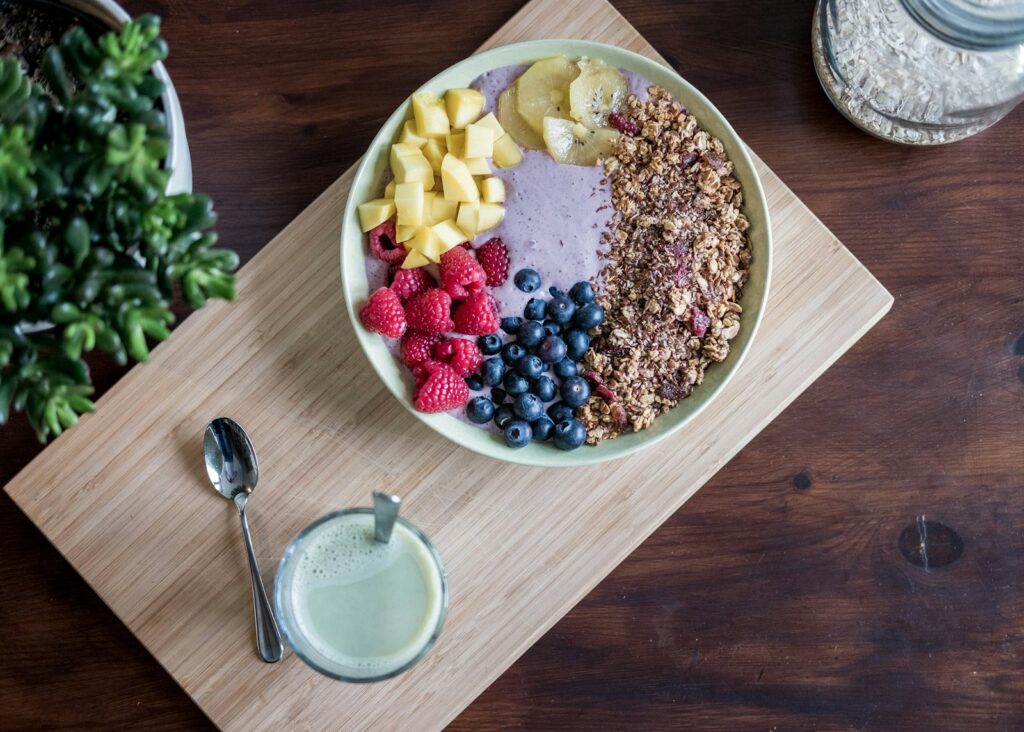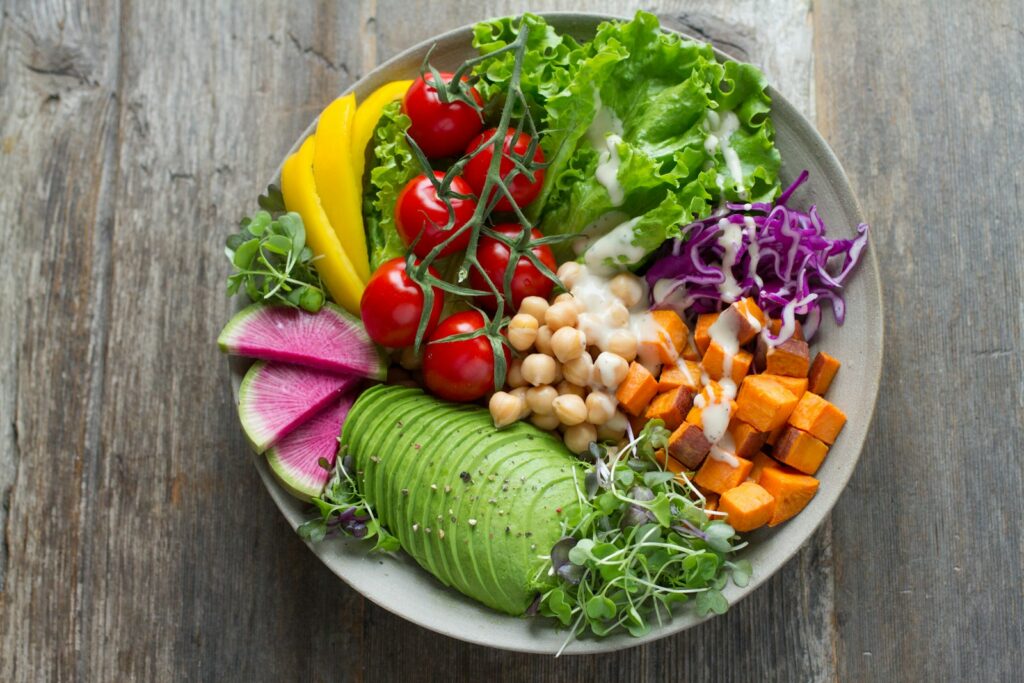The wellness industry continues to grow rapidly, with countless products and programs promising quick fixes for health and happiness. While some advice is rooted in science, many popular wellness trends rely more on marketing than meaningful results. Terms like “detox,” “superfood,” and “clean eating” often sound impressive but can mislead people into spending money on things that offer little real benefit. Understanding what these buzzwords truly mean helps consumers make smarter, evidence-based decisions about their well-being. By focusing on balance, consistency, and realistic habits, it’s easier to cut through the hype. Here are five common wellness buzzwords that often say more about marketing than actual health.
1. Detox

The word “detox” is everywhere in wellness advertising, but it’s often misunderstood. The body already has its own detox system that works perfectly well without expensive juices, teas, or supplements. The liver, kidneys, lungs, and skin naturally remove toxins daily. While certain habits like staying hydrated and eating nutrient-rich foods can support this process, there’s no scientific evidence that detox programs speed it up. Most detox products rely on marketing rather than research. Instead of restricting your diet or skipping meals, focus on a balanced lifestyle that includes rest, movement, and whole foods for true long-term health.
2. Superfood

“Superfood” is a catchy term created to make certain ingredients sound extraordinary, but in truth, no single food can transform your health on its own. While items like blueberries, salmon, and kale are rich in nutrients, the concept of a superfood oversimplifies nutrition. Experts emphasize that overall diet variety matters far more than one miracle ingredient. Eating a wide range of colorful fruits, vegetables, and whole grains provides the body with the essential nutrients it needs. Instead of chasing trendy foods, focus on creating a balanced eating pattern that supports energy, immunity, and long-term well-being.
3. Clean Eating

The term “clean eating” began as a call to enjoy fresh, unprocessed foods, but it has become a phrase often associated with guilt or restriction. Labeling food as “clean” suggests that other choices are “dirty,” which can create anxiety and unhealthy attitudes toward eating. Psychologists and nutritionists caution that this all-or-nothing mindset can harm mental health and lead to disordered eating. True health comes from moderation, flexibility, and enjoyment of food. A healthy diet includes both nutrient-rich meals and occasional treats. Food should nourish the body while also bringing comfort and joy without rigid rules.
4. Boosts Immunity

The promise that something “boosts immunity” is a popular marketing tool, yet it misrepresents how the immune system works. The immune system doesn’t need a sudden boost; it needs consistent support through healthy living. No drink, pill, or supplement can instantly strengthen immunity. Instead, proper sleep, balanced nutrition, regular physical activity, and stress management play the biggest roles in maintaining a strong defense system. Vitamins like C, D, and zinc contribute to immune health, but they can’t replace overall wellness habits. Building immunity takes time and daily care, not short-term fixes promoted by advertising.
5. Natural

“Natural” may sound wholesome and safe, but the term is often meaningless in wellness marketing. It’s unregulated, so companies can use it to describe products that still contain artificial additives or have undergone heavy processing. Something labeled “natural” isn’t automatically healthier or safer. Poison ivy is natural, too, but it’s not good for you. The key is to look beyond labels and check ingredients carefully. Choosing whole foods and simple products with transparent ingredient lists is far more reliable than trusting vague marketing claims. Understanding what you’re consuming promotes genuine wellness and better health decisions.
Comments